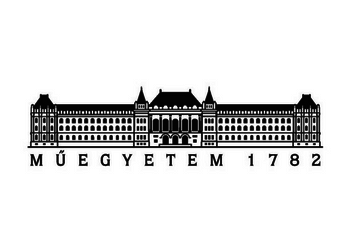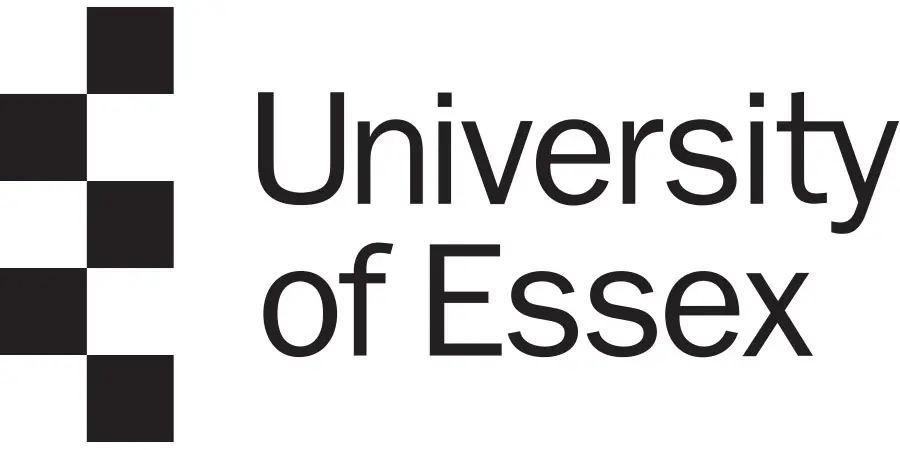Consortium
IDLab performs fundamental and applied research on internet technologies and data science. IDLab is a joint research initiative between the University of Antwerp and Ghent University and is affiliated with imec. The IDLab group at the University of Antwerp (http://idlab.uantwerpen.be) specifically focuses on wireless networking and distributed intelligence. Participating in SAMBAS is the emerging wireless networks (EWN) team led by Prof. Jeroen Famaey. The EWN team participates in the wireless networking research track of IDLab. The team develops novel models, algorithms and protocols for evaluating, optimizing, and managing wireless network technologies for both low-power IoT and high-throughput applications. Specifically, the team of Prof. Famaey studies performance modelling and optimization of data link and network layer protocols in terms of energy consumption, latency, and reliability of emerging network technologies (e.g., future Wi-Fi standards, low-power wide area networks (LPWAN), mmWave & Terahertz).
IDLab is a joint research initiative between the University of Antwerp and Ghent University and is affiliated with imec. IDLab’s wireless research cluster at Ghent University has over 20 years of experience on wireless networking with a prime focus on end-to-end solutions covering all layers in the end-to-end protocol stack (PHY to APP). The team, with 30 researchers and led by 3 professors, is the author of the world’s first open-source Wi-Fi implementation (openwifi) and two-time prize-winner of the DARPA spectrum collaboration challenge. Today, Prof. Hoebeke and Prof. Moerman focus on the realization of deterministic wireless communication networks. This involves accurate time synchronization and scheduling in mixed wireless-wired environments, along with novel mechanisms for monitoring, verification, feedback, and a tighter application-network integration. Various wireless communication technologies are being considered, including subGHz Wi-Fi, sub-6GHz Wi-Fi, mmWave Wi-Fi, 5G and IEEE 802.15.4e.
Xlim (www.xlim.fr) is a joint research unit between university of Poitiers and university of Limoges. The RUBIH team of XLIM / university of Poitiers involved in SAMBAS is working mainly on broadband and massive networks: wired and wireless, focusing the virtualisation/softwarisation and resource allocation of the next generation of networks, for both cellular and low power networks. Specifically, RUBIH team developed resource allocation and novel virtualisation approaches, MAC protocols and control access mechanisms using optimisation tools and machine learning based techniques in collaboration with the ICONES team of XLIM.
Sodira-Connect SAS is a French SME with a strong technical experience in content delivery solutions, caching, and routing technologies. Established in 2002, the company activities have focused on product development, collaborative R&D as well as business consulting. Our product line is currently represented by bandwidth optimization SW, and mobile and fixed Edge Computing solutions. Employing highly skilled and experienced people (mostly PhD and engineers), Sodira-Connect is a recognized partner in a number of European and national collaborative R&D projects. The 3 most recent ones were SCENE (Smart City on the Edge Network Enhancement), 5GMEDE (5G Mobile Edge Computing with Enriched Radio Network Information Services) and TERRANOVA. This latter aimed to investigate the 300 GHz band feasibility for fronthaul and wireless access, thus, SAMBAS would be a continuation of this advanced research project. Sodira-Connect was investigating how caching can be used in these networks, and in this respect contributed to the White Paper called Wireless Terahertz System Applications for Networks B5G edited in March 2019.
The Budapest University of Technology and Economics (BME, bme.hu) has been founded in 1635 and ever since it maintains its leading position in Hungary in the training of engineers with more than 23 000 students in 8 faculties, 77 university departments, 13 doctorate schools and offers further specialist training in more than 40 fields, all in five languages. Faculty of Electrical Engineering and Informatics (VIK, vik.bme.hu) is the largest Faculty of the University. Department of Telecommunications and Media Informatics (TMIT, tmit.bme.hu) is one of two largest departments at the VIK with a main profile in teaching, research, and development in communication related areas. The High-Speed Networks Laboratory (HSNLab, hsnlab.hu) is the largest Lab at the TMIT with ~25 senior scientists, ~20 PhD students and over 100 MSc and BSc students. It was founded 30 years ago. Over 100 PhD degrees have been awarded so far. Main research areas of HSNLab are the 5G and the IoT including networks, cloud, softwarization, virtualization, protocols, switching, routing, network performance, resilience, big data, measurements, and machine learning. All these topics are closely related to the objectives of SAMBAS.
The Budapest University of Technology and Economics (BME, bme.hu) has been founded in 1635 and ever since it maintains its leading position in Hungary in the training of engineers with more than 23 000 students in 8 faculties, 77 university departments, 13 doctorate schools and offers further specialist training in more than 40 fields, all in five languages. Faculty of Electrical Engineering and Informatics (VIK, vik.bme.hu) is the largest Faculty of the University. Department of Telecommunications and Media Informatics (TMIT, tmit.bme.hu) is one of two largest departments at the VIK with a main profile in teaching, research, and development in communication related areas. The High-Speed Networks Laboratory (HSNLab, hsnlab.hu) is the largest Lab at the TMIT with ~25 senior scientists, ~20 PhD students and over 100 MSc and BSc students. It was founded 30 years ago. Over 100 PhD degrees have been awarded so far. Main research areas of HSNLab are the 5G and the IoT including networks, cloud, softwarization, virtualization, protocols, switching, routing, network performance, resilience, big data, measurements, and machine learning. All these topics are closely related to the objectives of SAMBAS.





